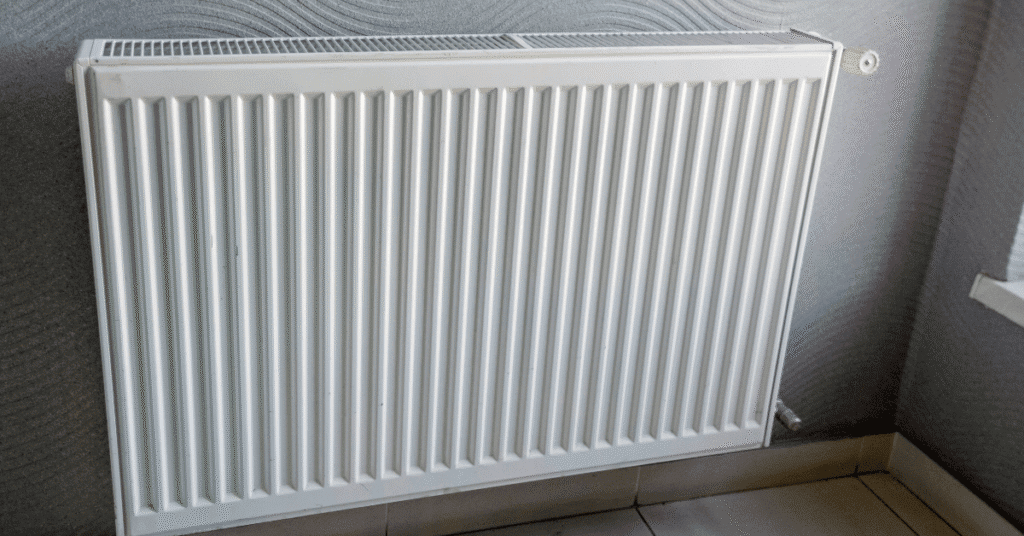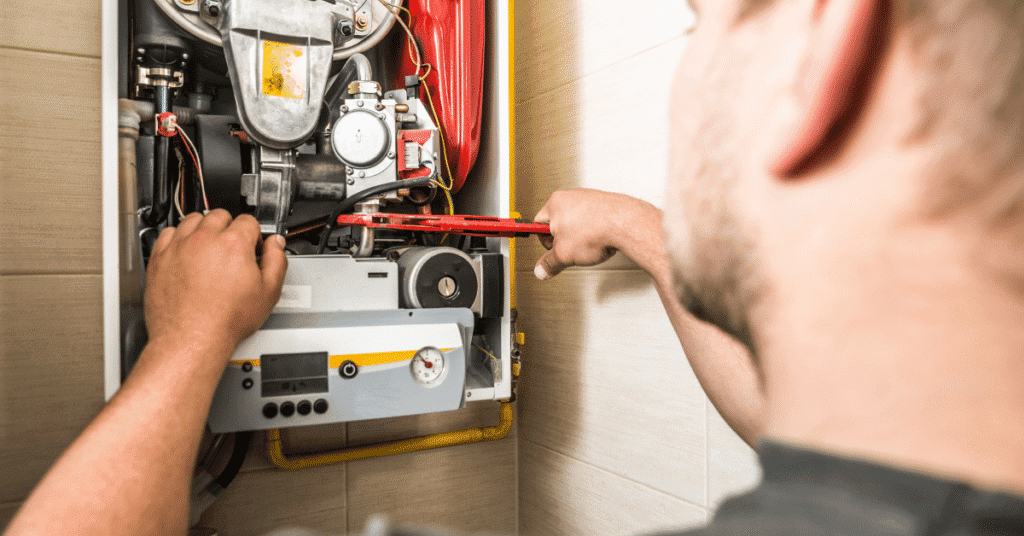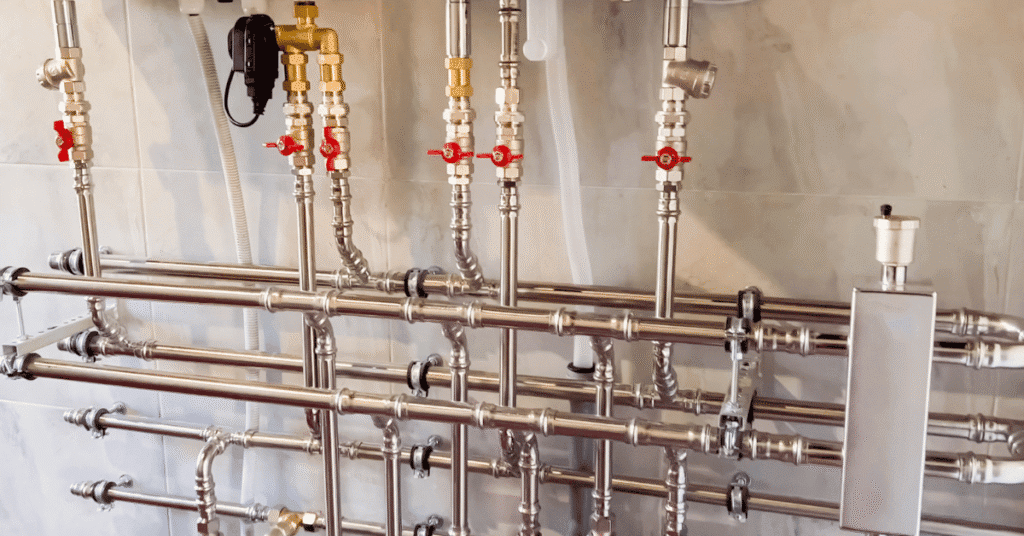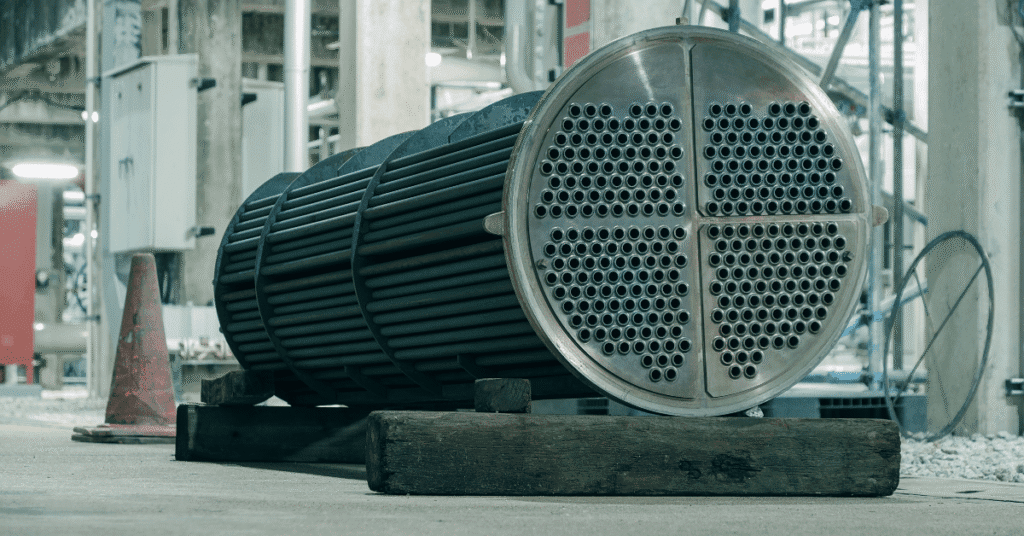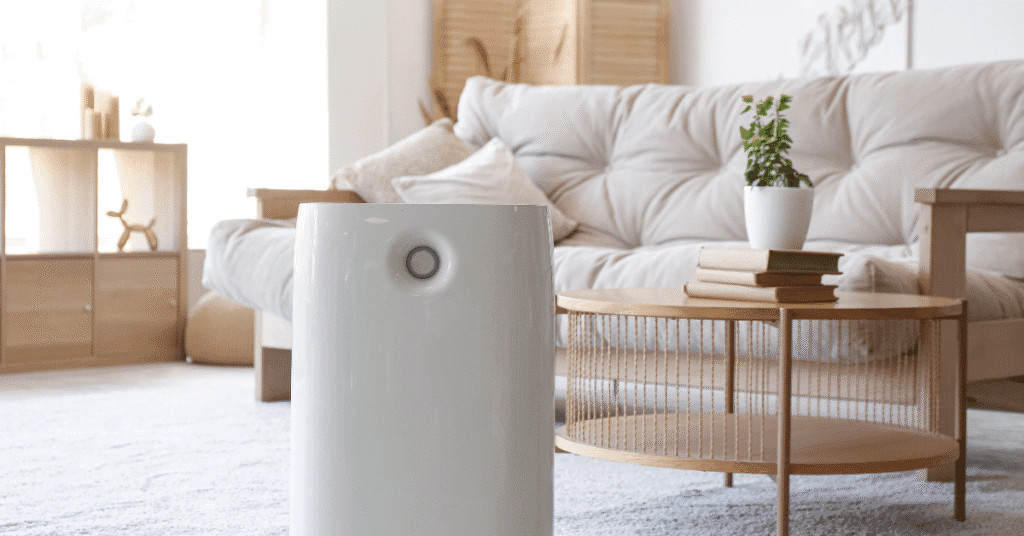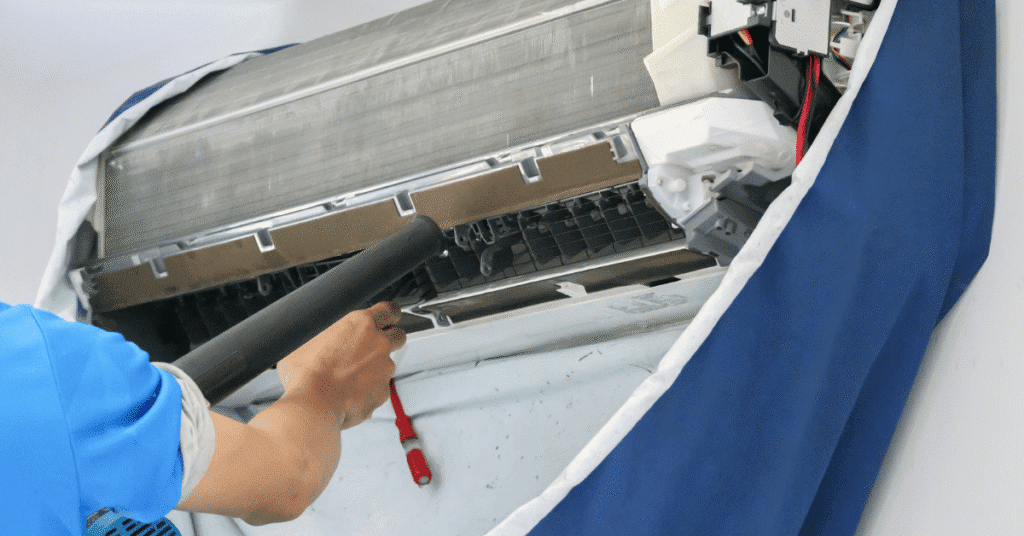Average Life of Furnace: Homeowners often ask: how long do HVAC systems last? Understanding the average life expectancy of an HVAC system is critical when planning for maintenance, repair, or eventual replacement. A furnace and air conditioner are essential to keeping your home comfortable throughout the seasons, but no system lasts forever.
This article explains the lifespan of HVAC systems, the factors that impact durability, and practical steps to extend the life of your HVAC system. By the end, you’ll know when it’s time to schedule HVAC maintenance, consider a new HVAC system, or replace your furnace or air conditioner for better efficiency.
What Is the Average Lifespan of an HVAC System?
The average HVAC system lifespan depends on usage, quality of installation, and how well the system is maintained. Most residential HVAC systems generally last 15 to 20 years, though specific parts like the furnace or air conditioning unit may have different timelines. A well-maintained system may last as long as 25 years, while a neglected one might fail in under 10.
Regular HVAC service helps ensure your heating and cooling system reaches its typical lifespan. Without cleaning, inspections, and repair work, your HVAC equipment experiences strain and wears out faster.
Average Life of Furnace: How Long Do Furnaces Last?
The lifespan of your furnace typically falls within 15 to 20 years, though some gas furnaces or electric models may last longer. The life expectancy of an HVAC furnace also depends on its build quality and frequency of regular maintenance.
Factors that shorten furnace life include dirty air filters, poor installation, and heavy seasonal use. When you notice more frequent repair calls or uneven heating, it may be time to replace your furnace.
How Long Do Air Conditioners Last?
An air conditioner has an average lifespan of 10 to 15 years. In some cases, a ductless cooling system or heat pump can reach 20 years with consistent HVAC maintenance.
Your air conditioning and heating system may fail early if it’s poorly sized, clogged with debris, or not serviced by an HVAC professional. Signs include weak airflow, rising electric bills, or unusual noises. If your AC unit is older than 12 years and needs frequent repair, it may be smarter to replace your HVAC system.
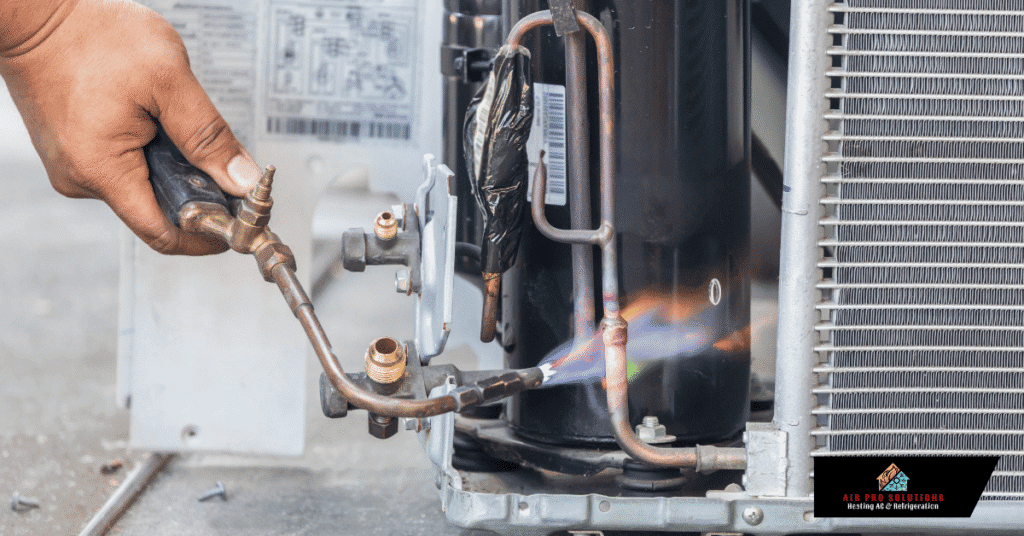
What Factors Affect the Life of Your HVAC System?
The life of your HVAC system depends on:
- Type of system – Furnace or air conditioner models can last as long as 25 years, but some older HVAC setups may fail earlier.
- Climate – Harsh winters and humid summers put more strain on the system.
- Installation quality – Incorrect installation makes the system work harder and shortens its life.
- Maintenance habits – Neglecting air filter changes or skipping annual HVAC service will reduce lifespan.
Without regular maintenance, dirt buildup and stress from usage reduce the longevity of HVAC systems, making your system work harder and increasing costs in the long run.
Signs That Your HVAC System Needs Replacement
Every system gives signals before the end of its lifespan. Watch for these signs that your system is approaching failure:
- Frequent repair calls
- Rising energy bills
- Uneven heating or cooling
- Poor indoor air quality
- System age over 15 years
If your system is reaching the end, it’s best to consider replacing your HVAC system before a complete breakdown.
When Is It Time to Replace Your HVAC System?
Many homeowners struggle with the decision of whether to repair or replace your HVAC system. A good rule is: if the repair cost is more than 50% of a new system, it’s usually time to replace your HVAC.
Additional reasons for replacement:
- Modern HVAC systems are more efficient and improve air quality.
- Upgrading prevents sudden failures in extreme weather.
- Energy-efficient HVAC models save money over time.
If your system may fail during the peak of summer or winter, upgrading early avoids emergencies.
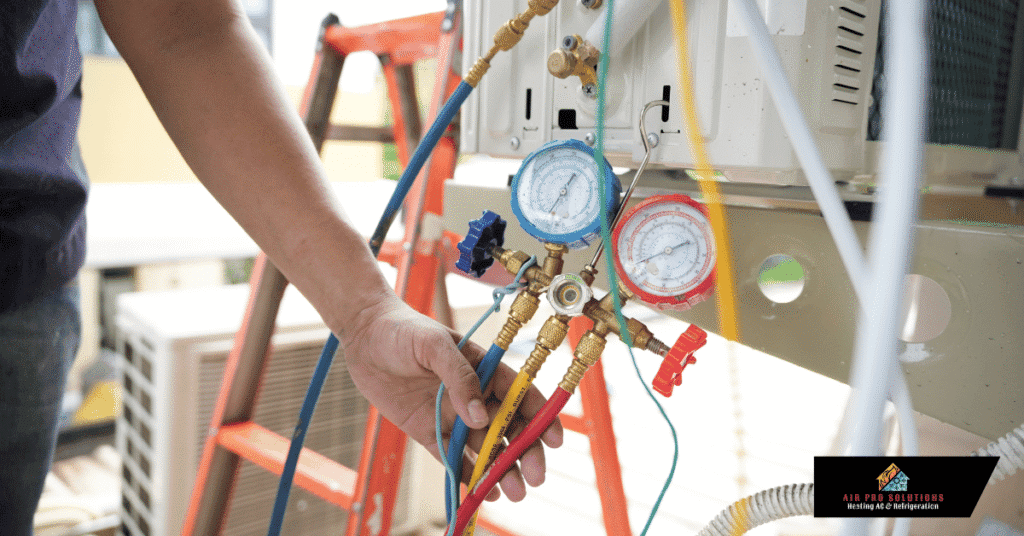
Tips to Extend the Life of Your HVAC System
If you want to extend the life of your HVAC equipment, follow these tips to extend the life of your system:
- Change the air filter every 1–3 months
- Schedule HVAC maintenance with a licensed HVAC technician annually
- Keep outdoor air conditioners and heat pumps clear of dirt and debris
- Insulate ductwork to reduce strain on the system
- Work with a reputable HVAC contractor for all installation and service
Following these steps helps you keep your system running smoothly, improve indoor comfort, and extend its lifespan.
How Long Do Heat Pumps Last?
A heat pump typically lasts 12 to 20 years, depending on how often it’s used. Since heat pumps provide both heating and cooling, they run year-round and may wear out faster without regular maintenance.
Models can last longer when properly installed, cleaned, and serviced. A new HVAC system with a heat pump offers reliable year-round comfort and improved efficiency.
Comparing Furnace or Air Conditioner Replacement Costs
Choosing between a furnace or air conditioner replacement depends on which unit is failing. In many cases, replacing both together ensures efficiency since HVAC components work as one system.
If your furnace is 20 years old and your air conditioner is approaching its typical HVAC lifespan, replacing both at once avoids mismatched performance and saves costs in the long run.
How Long Do HVAC Systems Last With Modern Technology?
With modern HVAC technology, newer systems will last longer and perform more efficiently than older HVAC units. Some systems will last 20 to 30 years, particularly when paired with energy-efficient HVAC upgrades.
A new system reduces strain on the system, lowers bills, and improves indoor comfort. Choosing to upgrade your HVAC system early helps you maximize your HVAC investment.
Why Work With a Licensed HVAC Professional?
At Air Pro Solutions, A licensed HVAC professional ensures your heating or cooling system is correctly sized and properly installed. Skilled HVAC technicians also provide essential HVAC service that helps extend the life of your system.
Scheduling annual service with a reputable HVAC contractor means your residential HVAC system will generally last longer, maintain better air quality, and operate with fewer problems.
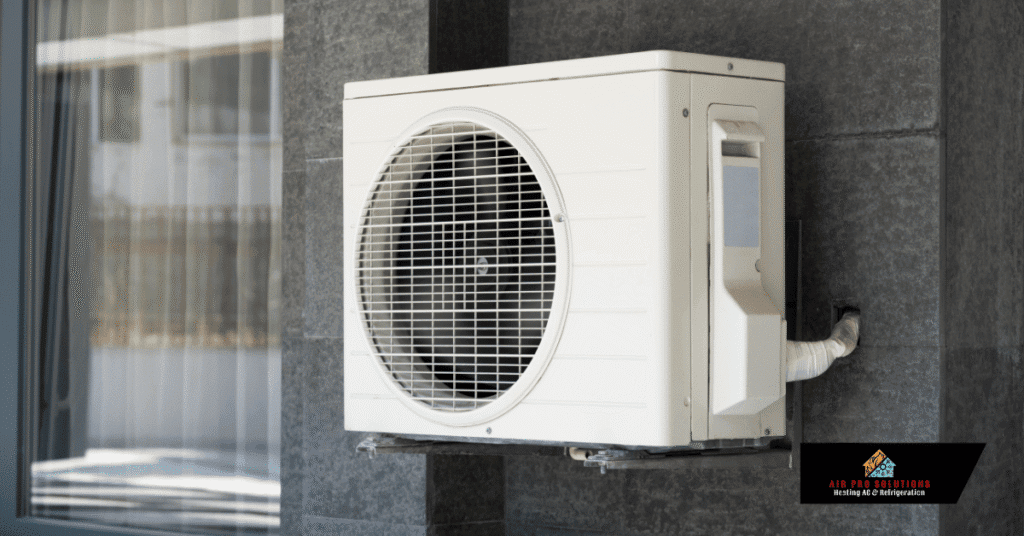
Conclusion: How Long HVAC Systems Last and When to Replace Them
So, how long do HVAC systems last? The life expectancy of an HVAC system depends on maintenance, climate, and installation. In most cases:
- Furnaces last 15 to 20 years
- Air conditioners last 10 to 15 years
- Heat pumps can last up to 20 years
If your system is approaching the end of its lifespan, it may be time to replace your HVAC with a modern HVAC system. A timely upgrade improves comfort, lowers bills, and helps your family enjoy reliable heating and cooling for years.










